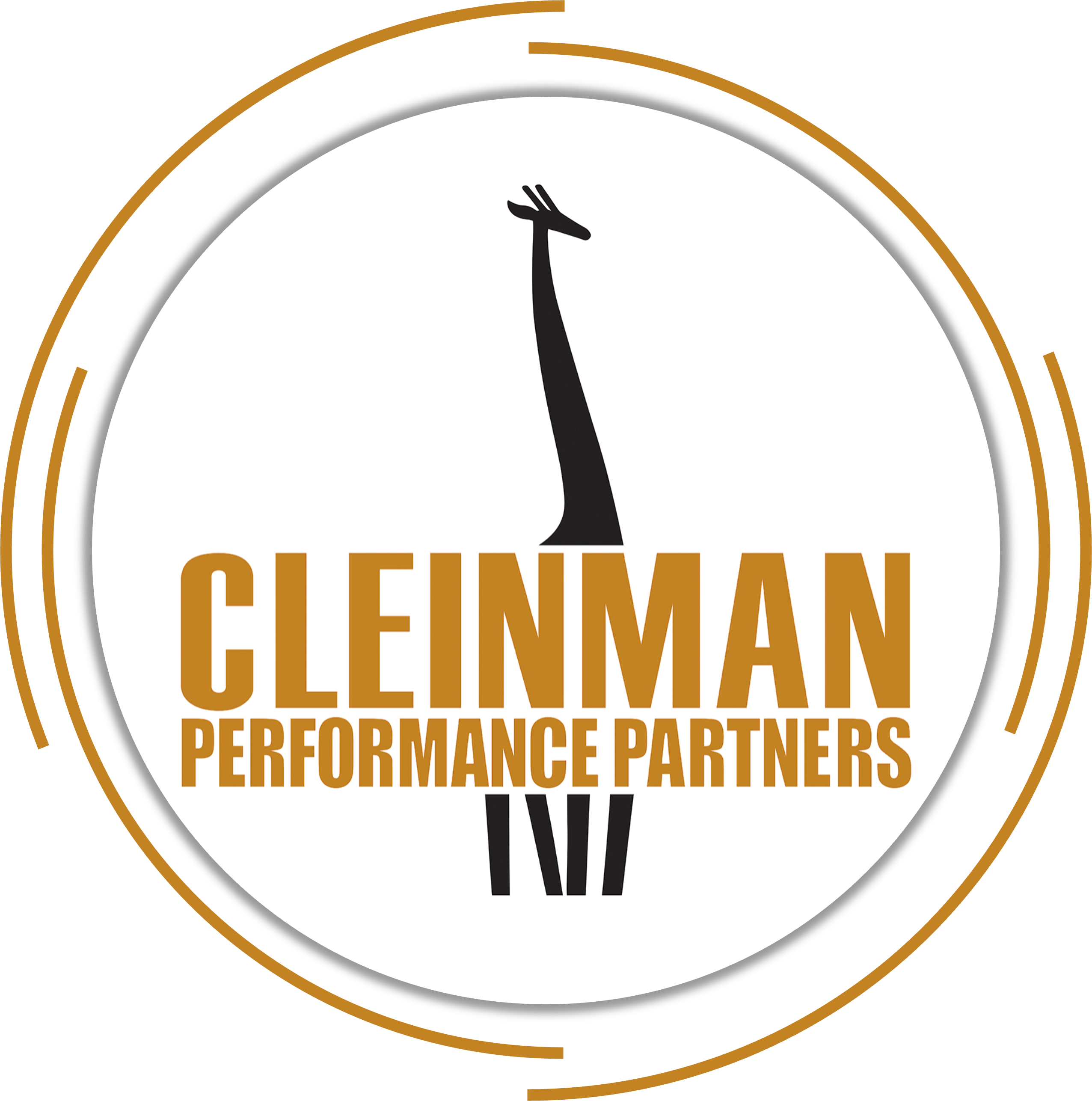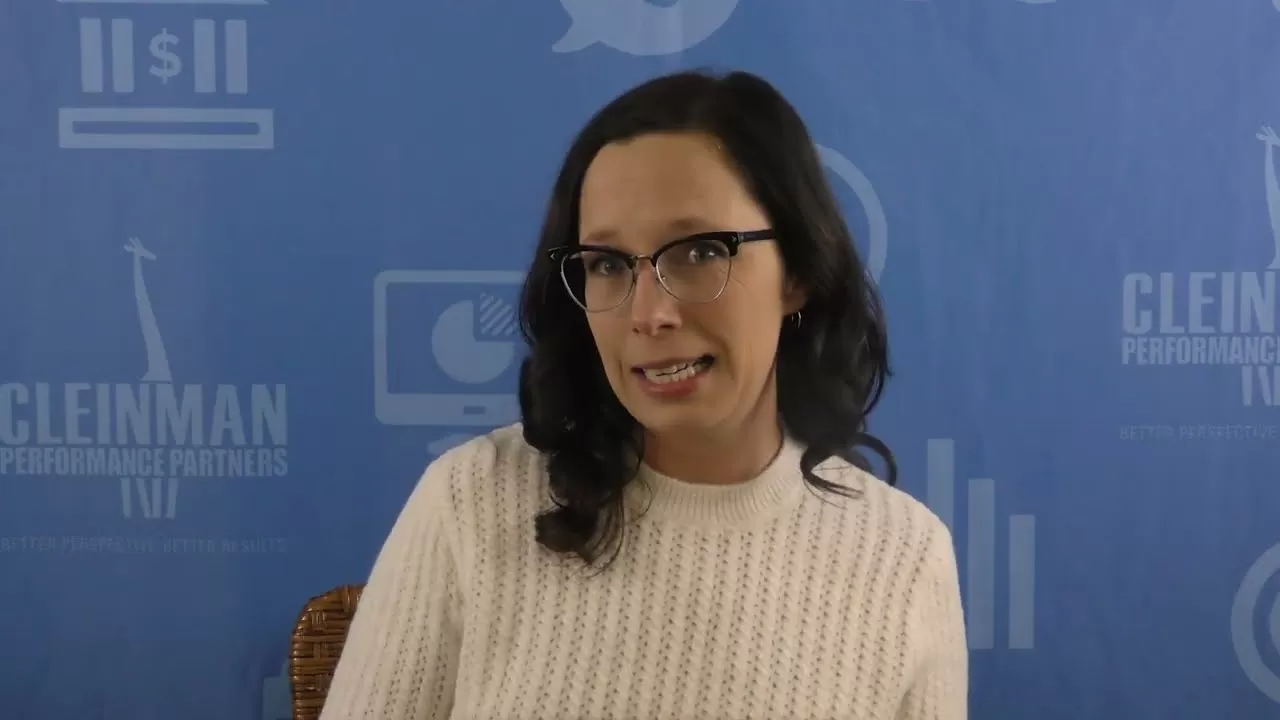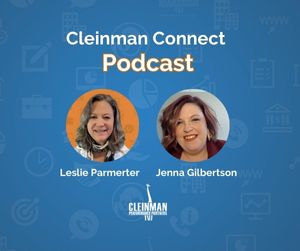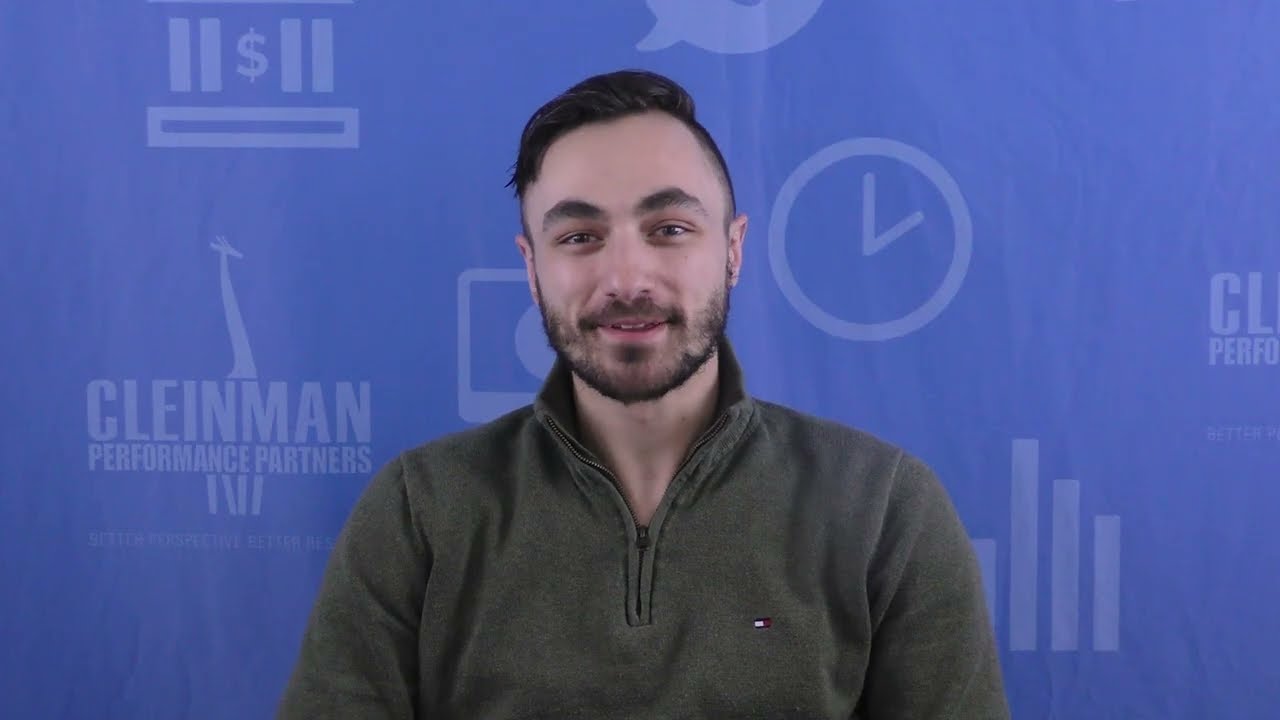 From time to time I hear from students and practicing optometrists that they’re concerned for the future of the profession. From their perspective, the future is uncertain. Today’s students are investing a significant amount of money in their education. Many of them desire to enter private practice but feel that they can’t follow their desire due to their debt burden. The consensus is that there are just too many O.D.s and many take jobs that provide them with the highest possible salary in spite of challenging job conditions or the inability to practice to the full scope of the profession. They see market turmoil, the result of a “perfect storm” of big box retail competition, increasing penetration of vertically integrated vision plans, the uncertainty of Obamacare and the pervasiveness of the internet. And many practicing optometrists are worn out from fighting vision plans and retail competition without appropriate tools. They see their desire for the new car, new house and all the trappings of being a doctor going unfulfilled. They’re right!
From time to time I hear from students and practicing optometrists that they’re concerned for the future of the profession. From their perspective, the future is uncertain. Today’s students are investing a significant amount of money in their education. Many of them desire to enter private practice but feel that they can’t follow their desire due to their debt burden. The consensus is that there are just too many O.D.s and many take jobs that provide them with the highest possible salary in spite of challenging job conditions or the inability to practice to the full scope of the profession. They see market turmoil, the result of a “perfect storm” of big box retail competition, increasing penetration of vertically integrated vision plans, the uncertainty of Obamacare and the pervasiveness of the internet. And many practicing optometrists are worn out from fighting vision plans and retail competition without appropriate tools. They see their desire for the new car, new house and all the trappings of being a doctor going unfulfilled. They’re right!
But optometry isn’t dying.
Indeed, the need for optometrists is going to be greater than ever in the coming decade. Our current population of 315 million will swell to almost 350 million by 2025. More important, the percentage of our population age 65 or older will increase by 50%, from 12% to 18%. That’s another 25 million people added to optometry’s primary demographic. That’s another 700 patients for every licensed optometrist. That’s more progressives; more glaucoma patients; more diabetics. Success is virtually guaranteed…or is it?
The reality is that these new market entries will have grown up in the digital age. They have a very different view of the purchasing process; what experiences they enjoy; what they dislike. Our industry, as a whole, has failed to entice the consumer into the market. Consumers invest approximately $145 per year on shoes and only $96 per year on eyecare. Fully 25% of our population doesn’t use our services at all! We aren’t effective at increasing what the average consumer is willing to invest in our products and services because we haven’t been effective educating a marketplace.
We’re not ready for the opportunity because we’re stuck in an old paradigm.
My belief is that these market conditions are ripe for the advancement of disruptive technologies; technologies that will turn our world upside down. We’ll see consolidation of retail. We’ll experience new entrepreneurial activities. Consumer friendly technology is on the horizon that has the potential to be perceived as rendering optometry unnecessary. These “advancements”, in turn, attract financial investment and the required returns that go along with large capital commitment. Others from inside and outside our industry see these opportunities as well. In the coming decade, you’ll see ever increasing competition.
For some optometrists, this decade will be their last in practice, one which they will not likely survive in their present form. For others, the coming decade will be full of opportunity. But it’s certainly not business as usual. Out of this turmoil will emerge a profession with a wider scope and deeper services. Optometrists will become productivity specialists and will assist in engineering technology implementation. Optometrists will add nutrition services and expanded learning support.
Optometry isn’t dying…it’s evolving.
Now is the time to expand your thinking about the profession. What new consumer technologies can you adopt? What new learning, outside of optometry, must you engage?
What will take place in the profession reminds me of Yellowstone in 1988. In that year, the Yellowstone wilderness experienced the largest wildfire in recorded history. Thirty-Six percent of the park was wiped out and the event prompted a world-wide debate. Should we control these fires? Should we step in the way of nature?
The aftermath clearly establishes that we shouldn’t mess with Mother Nature. What’s fascinating about the fire, and I was in Yellowstone in 1990 to witness the aftermath, is that without such events, many types of pine cones do not release their seeds. It is because of fire that new growth occurs.
Out of the ashes of destruction comes a renewed vibrancy.
Is the same not true for optometry…that without marketplace crisis real change never occurs? I think so.
Abba Eban, the great Israeli politician and diplomat, once said: “History teaches us that men and nations behave wisely once they have exhausted all other alternatives.” As we look at history and project certain events to the future, it’s clear to me that there are forces at work of which we must pay very close attention.
It’s not about survival of the fittest, but survival of the adaptive.
The real question is whether you’re ready for the challenges…and the opportunities? Will you adapt fast enough?




